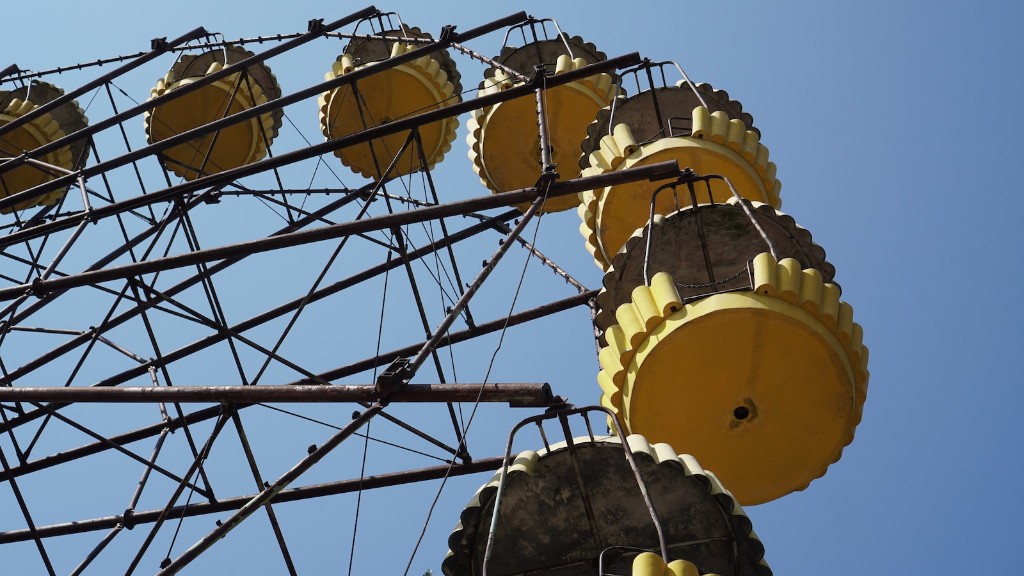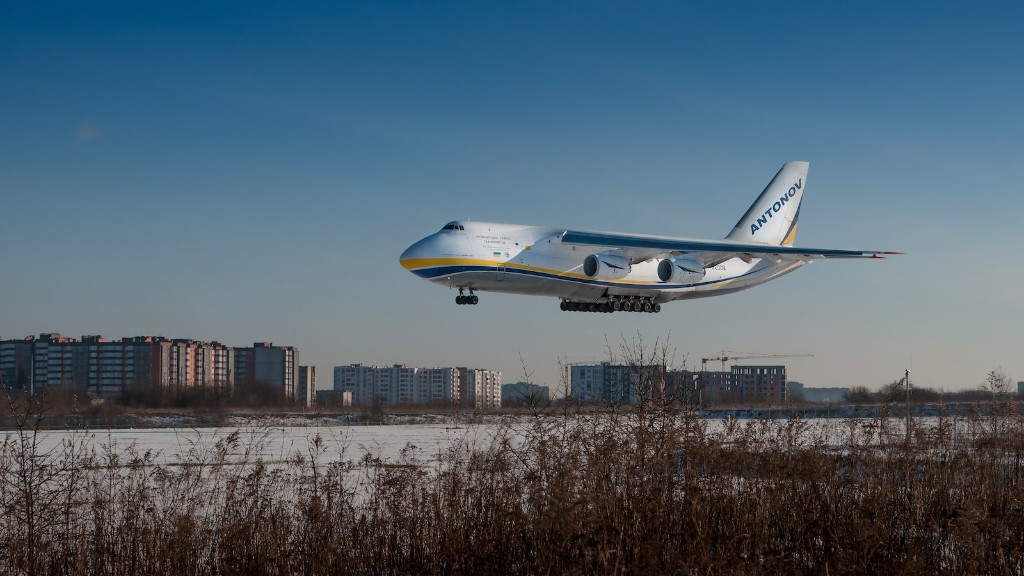Background Information
The invasion of Ukraine by a handful of Russian troops in the early days of 2014 has long been a source of contention between the two countries. But while it is impossible to know exactly how many troops were sent across the border, it is possible to estimate the number. Sources suggest that thousands of Russian troops were deployed in an effort to support pro-Russian separatist forces in the east of the country. This intervention resulted in the annexation of the Crimean peninsula and a period of conflict that continues to this day.
Relevant Data
While it is difficult to definitively determine numbers, independent observers estimate that Russia had between 3,000 and 6,000 soldiers under its command when it invaded Ukraine. The majority were said to be regular soldiers, but there were also thought to be special forces and members of the Kremlin’s “little green men”—unidentified troops without any unit identification.
The Ukrainian government, meanwhile, had around 100,000 troops when the conflict began. This number fluctuated significantly throughout the conflict, with both sides boosting their numbers at various points over the intervening years.
Expert Perspectives
From the perspective of experts in military and international affairs, the invasion of Ukraine was a clear breach of international law and a demonstration of Russian aggression. According to experts, the fact that Russia sent only a relatively small number of troops into Ukraine is significant, as it indicated that the Kremlin’s goal was not to occupy the entire country, but instead to support pro-Russian separatist forces.
Nonetheless, the invasion was a clear violation of international law, and experts have argued that, in order for Russia to stop further interventions in Ukraine, there needs to be a robust international response. This means that, as well as sanctions and other diplomatic actions, there must also be a strong military presence from NATO.
Analysis and Insights
The invasion of Ukraine by Russian forces in 2014 was a significant violation of international law, and its implications for the future of the country—and of relations between Russia and the West—are still being felt today. It is clear that the Kremlin’s intention was not to occupy the entirety of the country, but rather to support its own separatist allies.
In terms of the long-term implications, it is difficult to overestimate the impact of the invasion. The annexation of the Crimean peninsula changed the balance of power in the region, with implications that are still being felt today. In addition, it has created a dangerous precedent whereby powerful nations can justify interventions in other countries’ affairs with impunity.
Security Issues
The invasion of Ukraine has had important implications for the security of the region. In the aftermath of the intervention, the Russian military has been able to establish a strong presence in the Black Sea region, which has in turn had a major impact on the balance of power in the area.
Given the presence of the Russian military, there is a danger that further conflicts could break out in the region. What’s more, this has made it difficult for the countries of the European Union to coordinate a unified response to Russian aggression.
Political Consequences
The invasion of Ukraine took place against a backdrop of already-strained relations between Russia and the West. The intervention, and the subsequent annexation of Crimea, further inflamed the situation and increased tensions between Russia and the West.
From a political perspective, the invasion has had far-reaching consequences. It has exacerbated tensions between, and within, the different countries in the region. It has also raised questions about the integrity of international law, with some arguing that powerful nations can intervene in other countries’ affairs with impunity.
Economic Impacts
The economic impacts of the invasion of Ukraine have been significant. In the aftermath of the intervention, the region has faced an economic crisis, largely due to the fact that Ukraine’s economy was heavily reliant on trade with Russia.
In addition, due to the presence of the Russian military, there is a danger of further aggression which could disrupt trade patterns and damage economic stability further. What’s more, with the imposition of sanctions and counter-sanctions, the business environment in the region has become increasingly uncertain.
Humanitarian Impact
The invasion of Ukraine had a devastating impact on the lives of ordinary Ukrainians. According to humanitarian groups, the conflict has led to the displacement of more than two million people, and has destroyed lives and communities.
The human cost of the intervention has been compounded by the fact that the region has seen a period of reduced economic activity due to sanctions and counter-sanctions. This has made it difficult for those affected by the conflict to access essential services and has left many facing extreme poverty.


